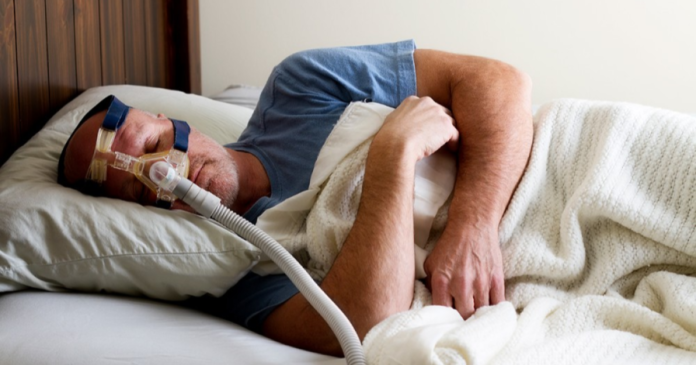Sleep disorders affect millions of people worldwide, disrupting their quality of life and overall health. When sleep problems persist, many individuals seek professional help at specialized sleep clinics. These medical facilities provide comprehensive evaluation, diagnosis, and treatment for various sleep-related conditions. Understanding what happens during these visits can help patients prepare for their appointments and feel more comfortable with the diagnostic process.
Understanding the Initial Assessment
The diagnostic process for sleep disorders begins with a thorough consultation where sleep specialists gather detailed information about your sleep patterns. They will also ask about any symptoms you may be experiencing. During this appointment, medical professionals document your sleep history, including when problems started, how often they occur, and their impact on daily functioning.
The assessment covers various aspects of your sleep experience. Specialists ask about bedtime routines, wake times, difficulty falling asleep, frequent awakenings, and morning fatigue. They also explore lifestyle factors such as caffeine consumption, exercise habits, work schedules, and stress levels that might influence sleep quality.
Medical history plays a significant role in this evaluation. Doctors review current medications, previous surgeries, existing health conditions, and family history of sleep disorders. This comprehensive background helps identify potential causes and risk factors that might contribute to sleep problems. Many clinics use standardized questionnaires and sleep diaries to collect additional information.
Exploring Diagnostic Testing
Sleep studies represent the cornerstone of sleep disorder diagnosis. These overnight evaluations monitor various physiological functions while patients sleep in controlled laboratory environments. Polysomnography, the most comprehensive sleep study, records brain waves, eye movements, muscle activity, heart rhythm, breathing patterns, and oxygen levels.
The sleep study process typically begins in the evening when patients arrive at the clinic. Technicians attach sensors to different parts of the body using adhesive patches and elastic belts. While this equipment might feel unusual initially, most people adapt quickly and can sleep normally during the study.
Different types of sleep studies target specific conditions. Multiple Sleep Latency Tests measure daytime sleepiness by tracking how quickly patients fall asleep during scheduled nap opportunities. Home sleep apnea tests offer a more convenient alternative for diagnosing certain breathing disorders, allowing patients to conduct simplified monitoring in their own bedrooms.
Identifying Treatment Options
Treatment approaches vary significantly depending on the diagnosed sleep disorder and individual patient factors. Sleep clinics offer both medical interventions and behavioral therapies to address different aspects of sleep problems. For sleep apnea, continuous positive airway pressure (CPAP) therapy represents the most common treatment. This involves wearing a mask connected to a machine that delivers pressurized air to keep airways open during sleep.
Insomnia treatment often focuses on cognitive behavioral therapy for insomnia (CBT-I), which addresses thoughts and behaviors that interfere with sleep. This approach includes sleep restriction, stimulus control, relaxation techniques, and sleep hygiene education. Some patients may also receive medications for short-term symptom management.
Movement disorders like restless leg syndrome might require medications that address underlying neurological imbalances. Narcolepsy treatment typically involves stimulant medications to promote wakefulness during the day, combined with lifestyle modifications. Sleep clinics provide ongoing monitoring and follow-up care to track treatment effectiveness.
Get Help With Sleep Disorders
Sleep disorders significantly impact quality of life, but effective treatments exist for most conditions. These clinics provide the specialized expertise and diagnostic tools needed to identify problems and develop appropriate solutions. If you experience persistent sleep difficulties, consulting with a sleep specialist can provide valuable insights and treatment options. With proper evaluation and care, most people with sleep disorders can achieve significant improvement in their sleep quality and overall well-being.

